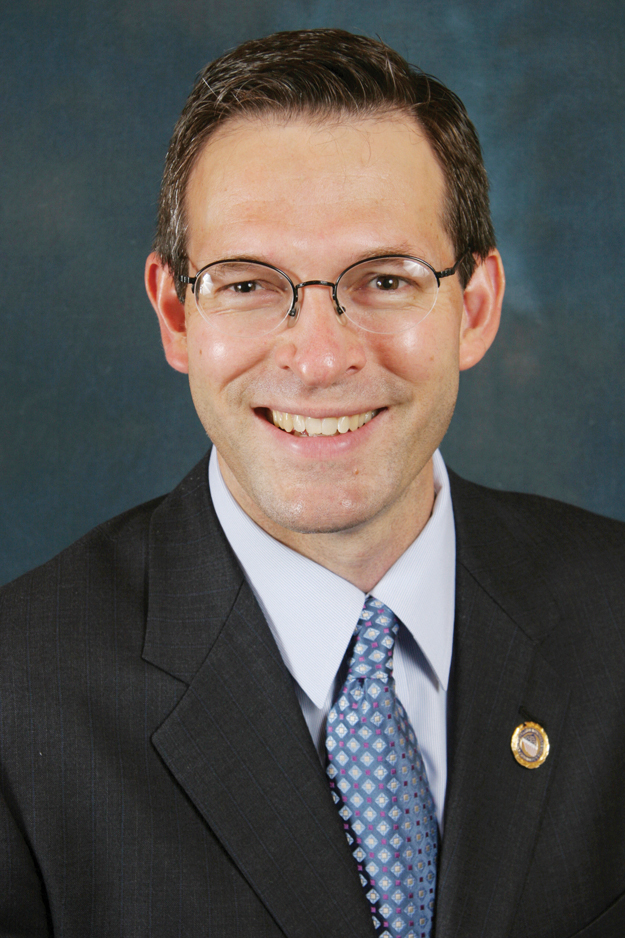
Latinovations would like to thank Brent Wilkes for his contribution to La Plaza.
With Congress seriously considering climate change legislation, it comes as no surprise that environmental groups and clean energy companies support swift action. We at the League of United Latin American Citizens, the largest and oldest Hispanic organization in the country, wish to stress that our nation’s growing Latino population also has a very large stake in addressing the challenges of climate change.
Minority and low-income groups are typically most exposed and least able to protect themselves against the worst consequences of extreme weather events and natural disasters. Twenty-two percent of Latinos live below the poverty level and 13.9 million Latinos do not have health insurance. As a result, Latinos could be expected to suffer more than other segments of the population if, as expected, floods, heat waves, and severe storms become more frequent as a result of global warming. These natural disasters are expected to produce a rise in infectious and water-borne diseases, such as dengue fever, malaria, which again will have distinct and disproportionate public and environmental health impacts on Latinos.
The effects on the well-being of Latinos in the U.S. and Puerto Rico from instances of environmental injustice continue unabated. Latinos are more likely to be exposed to environmental hazards such as poor air quality related to smokestacks, lead exposure from paint, and working conditions with excessive exposure to harmful pesticides among other chemicals, which in turn lead to other chronic conditions and disabilities.
Also of concern to LULAC is that Latinos have an increased risk of developing acute and chronic illnesses like asthma and other respiratory and pulmonary disease from exposure to air pollution because a disproportionate number of Latinos live in areas failing to meet one or more federal standards for clean air, according to the National Hispanic Environmental Council.
There is, however, a tremendous opportunity for optimism. By enacting clean energy and climate change legislation we can in fact strengthen the emerging green economy and create lasting benefits for every American.
Climate change and clean energy legislation, such as a Senate bill recently introduced by Sens. John Kerry (D-Mass.) and Barbara Boxer (D-Calif.), would bring employment opportunities across the country, spur broad economic investment, and advance necessary environmental action. Passage of such legislation is absolutely critical for our nation’s economic, energy, and environmental future. Experts believe that Waxman-Markey, a House-version of such legislation that passed earlier this year, will help jumpstart our economy by investing an estimated $150 billion in a clean energy economy, expanding employment opportunities in areas and industries where many Americans already work. This can help create an estimated 1.7 million jobs across the United States, according to a study done by the Political Economy Research Institute.
In addition, this bill sets the first-ever national limits on greenhouse gas emissions, which is a crucial step in stemming global warming. If the dangers posed by climate change are unmet, increasing temperatures will make some of the challenges that many industries face significantly worse, especially the agricultural industry, including more damaging storms, ozone pollution, and spreading pests, weeds, and diseases.
For example, based on a recent U.S. government assessment and a report done earlier this year by the Environment America Research & Policy Center, experts estimate that global warming will cost U.S. corn growers at least $1.4 billion per year in the future, as temperatures rise. That is in addition to the estimated worldwide loss of $1.2 billion per year for corn growers since 1981, relative to a world without global warming. Such losses for corn growers, America’s largest crop, would be devastating to parts of the Midwest. On the other hand, legislation that enhances green energy initiatives will significantly aid depressed local economies. With inclusion of the Green Construction Careers Demonstration Project, and funding for the Green Jobs Act, the Kerry-Boxer energy legislation will improve the outlook of job opportunities for middle class Americans and develop sustainable small business opportunities for families in small towns throughout the country.
For all of these reasons, it is critical for Congress to take immediate action. We are grateful for the efforts made thus far on this issue, but there is more work to be done. LULAC urges the Senate to pass this important legislation this year.
Brent Wilkes is executive director of the League of United Latin American Citizens (LULAC). He manages the operations of the LULAC National organization with primary focus on national policy and legislative advocacy, membership development, program development, and resource development. The above article is an op-ed published in Monday’s issue of The Hill. We thank Mr. Wilkes for giving us the privilege to post his article.

Recent Comments